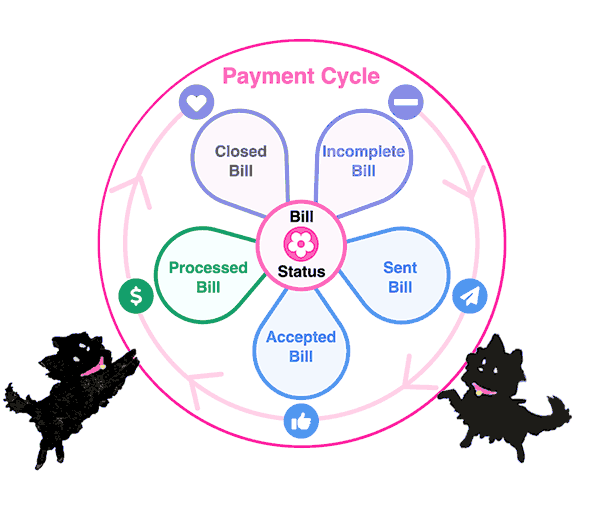Lien Machine: Mastering the New Lien Declaration in Senate Bill 1160

The ink has dried and the dust is settling – the workers’ comp reforms in Senate Bill 1160 are here to stay.
Chances are you’ve heard about these changes by now. SB 1160 inspired a bout of discussion not seen since Senate Bill 863 passed through Governor Brown’s office in 2012.[1] Like its predecessor, 1160 contains landmark reforms that affect the entire California workers’ comp community – we provided an overview in our biggest-ever webinar last month.
Now that we’ve had some time to parse through the bill, it’s time for a deeper dive into a few of the most meaningful changes. First up? Filing a lien.
Prefer to listen? Check out our lien declaration webinar, which offers a comprehensive look at the lien declaration requirements brought forth by this bill.
Lien Declaration Webinar
Senate Bill 1160 devotes three entire sections to lien reform. The biggest changes come by way of Section 8, which amends Labor Code 4903.05 to place major restrictions on lien declaration.
New Liens
The amended Labor Code 4903.05 requires all medical treatment and med-legal lien claimants to file a new mandated lien declaration starting on January 1, 2017. The declaration must affirm that the lien is not a dispute subject to Independent Medical Review (IMR) or Independent Bill Review (IBR).
That’s the easy part.
The declaration must also affirm that the claimant satisfies at least one of seven new lien claimant requirements. We’ll let the bill do the talking:
“For liens filed on or after January 1, 2017, any lien claim for expenses under subdivision (b) of Section 4903 that is subject to a filing fee under this section shall be accompanied at the time of filing by a declaration stating, under penalty of perjury, that the dispute is not subject to an independent bill review and independent medical review under Sections 4603.6 and 4610.5, respectively, that the lien claimant satisfies one of the following:
a. Is the employee’s treating physician providing care through a medical provider network
b. Is the agreed medical evaluator or qualified medical evaluator.
c. Has provided treatment authorized by the employer or claims administrator under Section 4610.
d. Has made a diligent search and determined that the employer does not have a medical provider network in place.
e. Has documentation that medical treatment has been neglected or unreasonably refused to the employee as provided by Section 4600.
f. Can show that the expense was incurred for an emergency medical condition, as defined by subdivision (b) of Section 1317.1 of the Health and Safety Code.
g. Is a certified interpreter rendering services during a medical-legal examination, a copy service providing medical-legal services, or has an expense allowed as a lien under rules adopted by the administrative director.”[2]
We know that’s a lot to unpack. If you have any questions about these requirements, we strongly encourage you to sign up for our upcoming webinar (see below), which addresses each in detail. And don’t hesitate to reach out directly with questions.
Existing Liens
The new lien declaration requirements apply to old and new liens, regardless of the date of filing. So for liens filed prior to January 1st, 2017, existing holders must also file a declaration retroactively affirming that they satisfy one or more of the seven new requirements listed above.
The good news? Existing lien holders have six extra months to submit their declarations – they’re due on or before July 1st, 2017.
But why?
In part, to crack down on fraud. Filing the new declaration is extremely important – failure to do so will result in the dismissal of the lien.
No lien declaration? No lien.
What’s more, the dismissal will be made “with prejudice by operation of law,” meaning that no other lien can be filed, nor can the applicant seek further payment in any other way. The dismissal happens automatically after the deadline to file passes with no lien declaration.
Filing a false lien declaration will also result in the dismissal of a lien. In this case, the lien dismissal is with prejudice after notice. It, too, constitutes a final dismissal. The moral: don’t fake a lien.
[1] An insightful look at how things may change under SB 1160 may be found on Work Comp Central. (Subscription required and recommended.)
DaisyBill provides content as an insightful service to its readers and clients. It does not offer legal advice and cannot guarantee the accuracy or suitability of its content for a particular purpose.


.gif)
.gif)